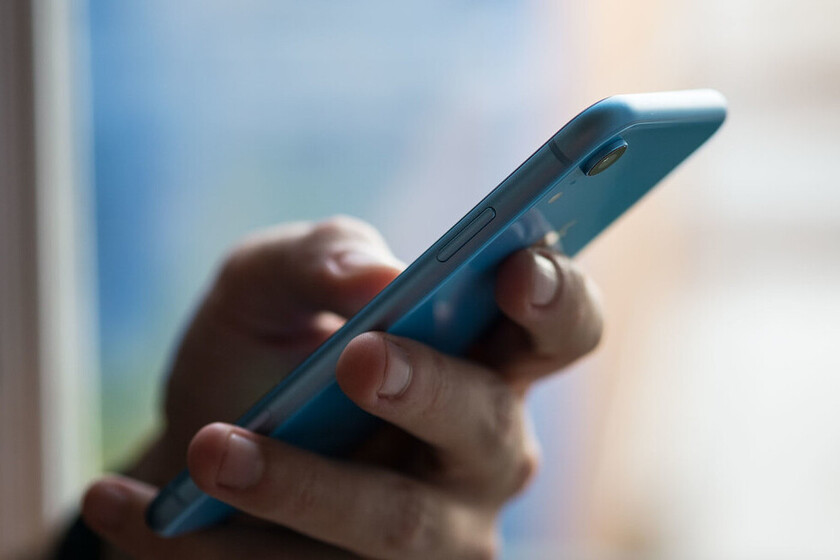The program for accessory manufacturers who want integrate with the Search app network you have just taken a major step. This is the launch of the app necessary for manufacturers to test the functionality with their devices and this search network. So we see how the launch date is approaching so that other accessories can use the Apple network and find lost objects.
An app to evaluate and test third-party accessories in Search
“Find My” got a major update a couple of years ago when Apple announced the new search network. In an encrypted and private way, devices marked as lost by a user they can lean on other Apple devices around them to indicate their location to the owner. That is, despite not having a data connection or being turned off, it is possible to locate them. As long as we have other Apple devices connected and turned on.
The new “Find My” feature will output bluetooth signals from Apple devices even when offline, allowing nearby Apple devices to relay it to the cloud. That should help you locate your stolen laptop even if it’s resting in the thief’s backpack.
Although Apple originally mentions only its Mac laptops, this technology applies to all other bluetooth devices. With the launch of this app (via TechCrunch), that when trying to open on an iPhone crasheaba, other manufacturers can integrate their products into this search network. And the user will be able to find them through the Search app on their iPhone, as will be the case with Belkin headphones.
A new version of Search will arrive with iOS 14.5, adding third-party integration to Apple’s “lost” search network.
This app includes some screenshots that allow us to get an idea of the functions it offers. The description states that it makes it possible to test the “location, connection, and other key requirements for accessories you develop that incorporate technology from the Find My network.” According to TechCrunch, the app was launched on Sunday, April 4.
A platform open to third parties like Tile and with the AirTag in mind

A couple of years ago, Tile accused Apple of monopolistic practices in the US. Tile argued that the new iOS 13 location permissions designed to give greater control of your privacy the user were abusive. A user had to regularly confirm permanent permission instead of just one time, increasing the risk that apps like his would not receive it. Finally, Apple agreed to release a version of software that prevented the request for regular permissions in apps that use localization persistently.
Some time later, Apple opened to third parties the use of its U1 chip, the same one that is responsible for more precise location indoors and present since the iPhone 11. With the arrival of this feature in iOS 14, Tile ended up announcing last January its intention to create a location beacon with a UWB chip. The same technology that is used in the U1.

The truth is that this technology seems to be a perfect fit for AirTag, Apple’s rumored locator that refuses to come to light. Even though we’ve been waiting for a couple of years, rumors return to place it as imminent in its release. Of course, this mythological accessory and its continuous delays (according to rumors) has made many of us not believe it until we see it with our own eyes.
It is expected that with the release of iOS 14.5, the items tab will be activated in the Search app. That’s where other accessories would be shown like the aforementioned from Belkin, Tile (should it decide to integrate that way), headphones like the PowerBeats Pro and, we hope, the AirTag.
